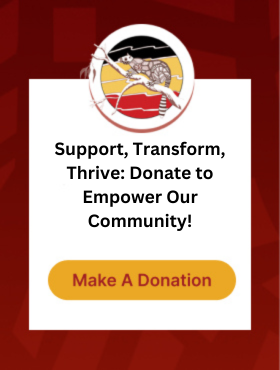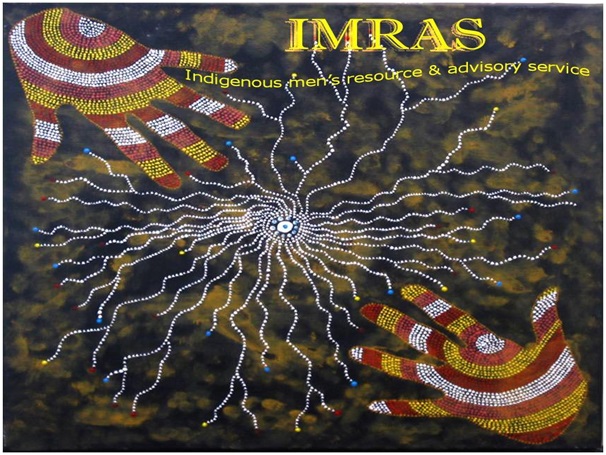- Aboriginal Best Start
- Aboriginal Centre For Males Referral Service
- Aboriginal Centre For Males Referral Service – Copy
- Aboriginal Cultural Awareness Training (ACAT)
- Aboriginal Justice Caucus (AJC) Secretariat
- Aboriginal- Private Rental Assistance Program
- Bert Williams Centre
- Community Development Officer

VACSAL

VACSAL
Indigenous Men’s Resource and Advisory Service

Indigenous Men’s Resource and Advisory Service
Program Background
The Victorian Taskforce on Indigenous Family Violence found in the 2003 report had identified that Victoria’s Indigenous Men were being neglected. One of the recommendations from the report was the establishment of a resource to help strengthen existing locally based intervention and recovery responses by developing a co-ordinated approach that is currently sensitive to the needs of Aboriginal Men.

Overview of the Program
The Foundations of the Indigenous Men’s Resource and Advisory Service is to develop with the principles of holistic community led approach with a targeted focus on local issues – to local solutions. IMRAS will work with the existing Indigenous Family Violence Strategy networks with the main aim of establishing local partnerships that will strengthen and support Aboriginal Men’s networks in the area.
Through strategic involvement the IMRAS coordinator will ensure that the voice of Aboriginal Men is listened to and heard in the community (Aboriginal and Non Aboriginal, Government and Non Government) and support the development of regional men’s groups and to drive the development of local membership of a state wide Men’s Council. IMRAS will engage the use of Mentors / Ambassadors / Role Models to promote local/regional men’s networks.
Program Aims
This program aims to help strengthen existing locally based intervention and recovery responses by developing a co-ordinated approach that is currently sensitive to the needs of Aboriginal Men.
The IMRAS co-ordinator will identify local men’s projects that were established under the DHHS community initiative fund as well as linking in regional DHHS & IFVS support workers to provide and outline existing Aboriginal or mainstream men’s services.
At the peak level the IMRAS co-ordinator will develop a partnership with existing men’s services. IMRAS will engage with all levels of government to respond to the needs of Aboriginal males on a local, regional, state and national approach.
Mapping Exercise and Community Needs Assessment

The IMRAS coordinator will undertake regional visits to assess current regional strategies and any existing regional networks/groups working towards men’s issues. Assessment of regional needs will begin in partnership with the Regional action group member/s and the DHHS Indigenous Family Violence worker. Any previous mapping exercises of services and networks will determine the length of time and the work required to complete or update existing directories. Mapping of networks and services will take the form of one to one and telephone interviews.

It’s through this process that key men within communities can be identified and invited to either establish or enhance membership of Men’s Action Groups, it is through these action groups that strategies and solutions to local men’s family violence as well as other issues effecting men, can be discussed and later implemented at a local/regional level.

In the initial stages of the implementation of IMRAS held men’s specific information gatherings in order to inform, obtain and establish awareness of the IMRAS strategy, with an outcome being the establishment of local men’s action groups that will link into the Statewide Men’s Council.

Acknowledgement of the need for intercommunity agreements on the importance of a combined effort in tackling men’s issues
Outcomes of Project

A report on the status of men’s health services across Victoria, the development and structuring of Aboriginal Men’s Business in Victoria incorporating information obtained from the state and national research and the knowledge provided by Aboriginal communities and organisations and broader men’s service providers.

Followed by the identification of good evidence-base practice, promising and innovative service models and guiding principles for the provision services for Aboriginal men.

A data base of Indigenous men’s programs and services being delivered across Victoria.
Communication Line
The IMRAS Program will be an additional separate program within the VACSAL structure. Supervision on a daily basis will be the responsibility of the Programs Manager through to the Chief Executive Officer with ultimate responsibility lying with the VACSAL Board of Directors. Formal supervision will be the responsibility of VACSAL inline with the Organizational Policy & Procedures.
